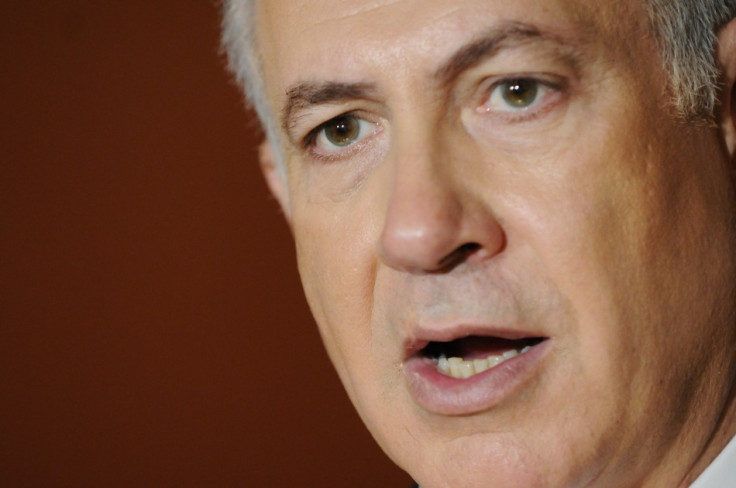Is the Netanyahu Administration Responsible for Israel’s Regional Isolation?

The United States Defence Secretary Leon Panetta has openly and bluntly criticised Israel's foreign policy by blaming the Benjamin Netanyahu's government of being partly responsible for its growing isolation in the region.
Panetta suggested Israel's attitude had contributed to its rapidly deteriorating relationship with Turkey and Egypt.
''There's not much question in my mind that they maintain that [military] edge,'' he said. ''But the question you have to ask is: Is it enough to maintain a military edge if you're isolating yourself in the diplomatic arena?'
'At this dramatic time in the Middle East, when there have been so many changes, it's not a good situation for Israel to become increasingly isolated. And that's what's happening.''
Panetta's comments are likely to anger the Israeli government who insist the country's current isolation is caused by as growing radicalism in the region rather than by its hard-lined policies.
In addition to a long lasting conflict with Palestine, the Israeli government's relationship with Turkey has in the recent months hit an all-time low and Turkish Prime Minister has emerged as the new regional critic of the Netanyahu government.
Ankara and Tel Aviv fell out over Israel's raid on a Gaza-bound aid flotilla in May 2010 which resulted in the expulsion of Israel's ambassador to Turkey.
Tensions between Israel and Egypt have also escalated since the ousting of former Egyptian dictator Hosni Mubarak, who was an ally of Tel Aviv and Israeli diplomats were evacuated from Egypt last month after angry protesters stormed the Israeli embassy in Cairo.
Netanyahu's refusal to apologise for the death of Turkish activists during the flotilla incident and the killing of five Egyptian border guards by Israeli forces in August following a gun battle with suspected militants have been seen as a major turning point in Israel's relationship with its regional counter parts.
The Israeli Prime Minister's unwillingness to make compromise or adopt a more flexible attitude to other regional players has also recently been more criticised and as tensions are set to continue increasing in Israel and Palestine while waiting for the UN's answer to the Palestinian statehood bid, the situation could rapidly become even more volatile.
This week, a group of suspected Jewish extremists also set fire to a mosque near Lake Galilee, allegedly incinerating several copies of the Koran.
The incident was the latest in string of recent similar arson attacks on mosques, but it represented the first to take place outside the West Bank in more than a year.
Graffiti found on the walls of the mosque suggested the attack could have been in response to the revenge deaths of an Israeli settler and his infant son, who were killed last month in a road accident which might have been caused after a stone was allegedly thrown at their vehicle by unknown Palestinians.
© Copyright IBTimes 2025. All rights reserved.




















